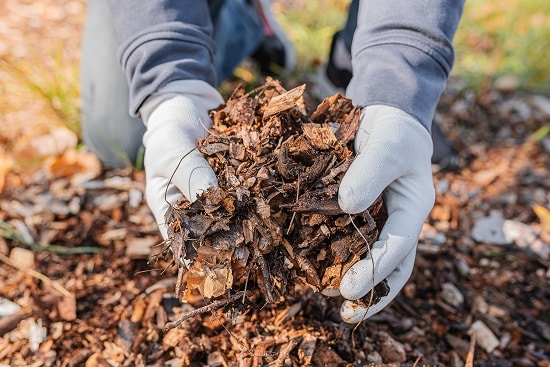- This topic is empty.
- AuthorPosts
- April 14, 2025 at 5:33 am #626448

In the pursuit of more sustainable and circular farming systems, the concept of waste is being redefined—not as a burden, but as a resource. One powerful solution leading this shift is the valorization of agricultural waste through anaerobic digestion.
This process transforms organic waste into renewable energy and nutrient-rich byproducts, supporting environmental stewardship and economic resilience in agriculture. As farms seek to reduce their carbon footprint and enhance productivity, anaerobic digestion is emerging as a cornerstone technology for modern waste management.
1. Understanding The Anaerobic Digestion Process
Anaerobic digestion is a biological process where microorganisms break down organic materials in the absence of oxygen. Agricultural waste such as manure, crop residues, and food processing byproducts serve as ideal feedstocks. The process produces biogas—mainly methane and carbon dioxide—which can be used as a renewable energy source.
Additionally, it yields digestate, a nutrient-rich material that can be used as a soil amendment. This dual benefit of energy and fertilizer makes the process highly valuable in sustainable farming operations.
2. Converting Waste Into Renewable Energy
One of the most significant advantages of valorization of agricultural waste through anaerobic digestion is the ability to generate biogas. This biogas can be used directly for heating, electricity production, or upgraded into biomethane for use as a vehicle fuel.
By replacing fossil fuels, farms can significantly lower their greenhouse gas emissions and energy costs. On-site energy generation also enhances energy independence, particularly in remote or energy-intensive farming operations, making the system both sustainable and economically attractive.
3. Enhancing Nutrient Recycling And Soil Health
The digestate produced from anaerobic digestion contains essential nutrients like nitrogen, phosphorus, and potassium, making it an effective organic fertilizer. Unlike raw manure, digestate has a more stable nutrient profile and lower pathogen levels, reducing environmental risks when applied to fields.
Its use contributes to soil health, improves crop yields, and reduces reliance on chemical fertilizers. This closed-loop nutrient cycle supports the principles of regenerative agriculture and long-term land productivity.
4. Reducing Environmental Impact Of Agricultural Waste
Improper disposal of agricultural waste can lead to pollution of air, water, and soil. Anaerobic digestion provides a controlled method to manage and treat organic waste, significantly lowering emissions of methane and ammonia from manure storage and decomposition. It also minimizes odor and reduces the risk of groundwater contamination.
By capturing and utilizing methane that would otherwise escape into the atmosphere, the process contributes to climate change mitigation and aligns with environmental regulations and sustainability targets.
5. Supporting Farm Viability And Diversification
Beyond environmental benefits, anaerobic digestion offers economic opportunities for farms. The ability to generate and sell renewable energy, reduce input costs, and improve waste management efficiency adds a new revenue stream and boosts overall farm resilience.
Additionally, participating in carbon credit or renewable energy incentive programs can provide further financial returns. Investing in anaerobic digestion technologies also positions farms as leaders in sustainable innovation, which can enhance their reputation and access to environmentally conscious markets.
The valorization of agricultural waste through anaerobic digestion presents a transformative opportunity for farms to shift from waste disposal to resource recovery. By converting organic residues into clean energy and valuable byproducts, anaerobic digestion promotes environmental protection, energy efficiency, and economic sustainability.
As the agricultural sector moves toward greener practices, embracing this technology not only meets ecological and regulatory demands but also creates a resilient and circular farming model for the future.
Read Also: Sustainable Waste Management in Pig Farming
- AuthorPosts
- You must be logged in to reply to this topic.

